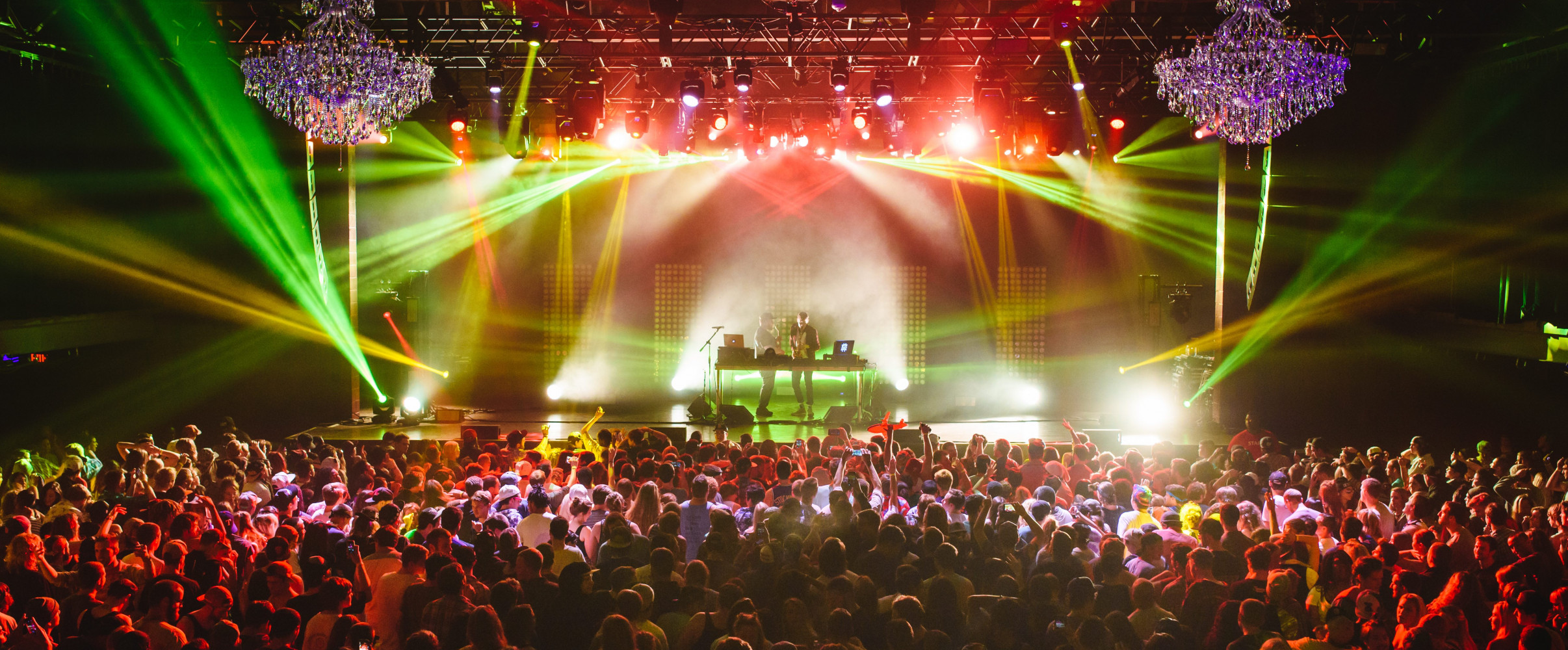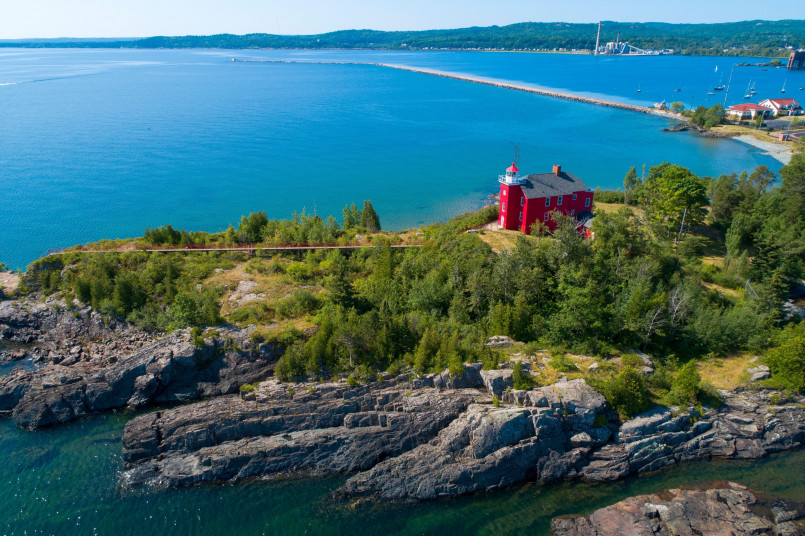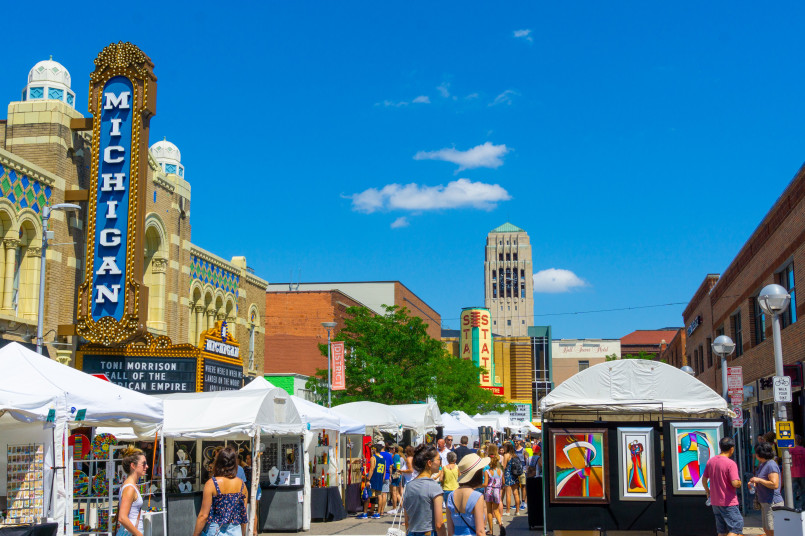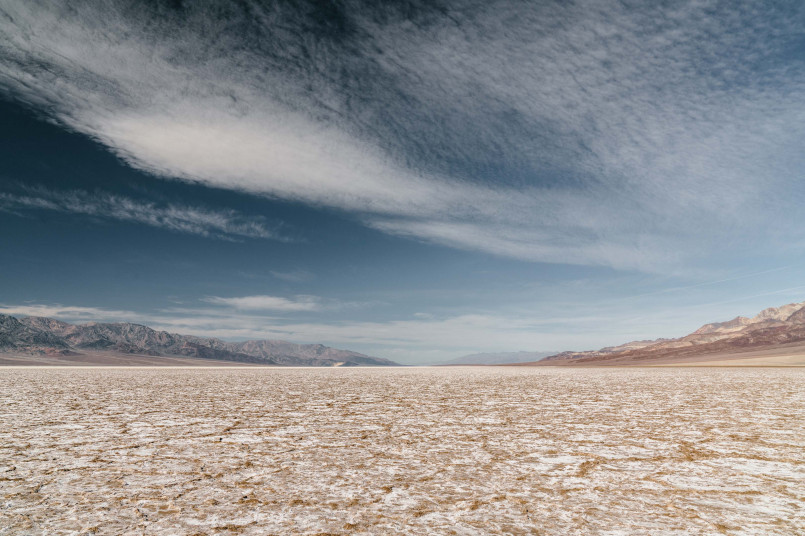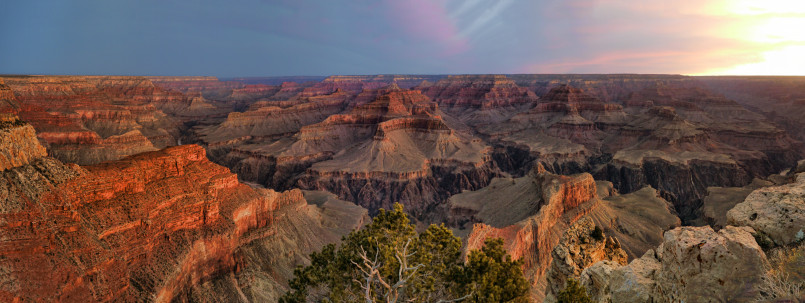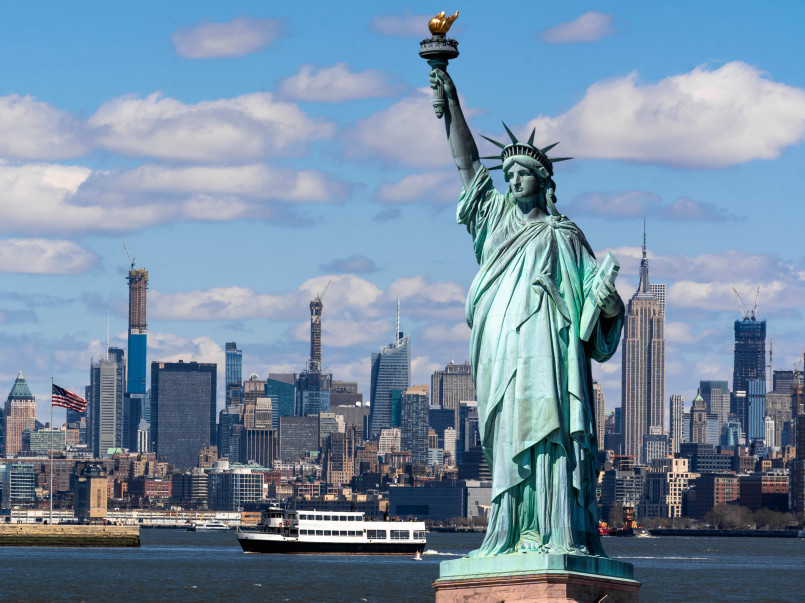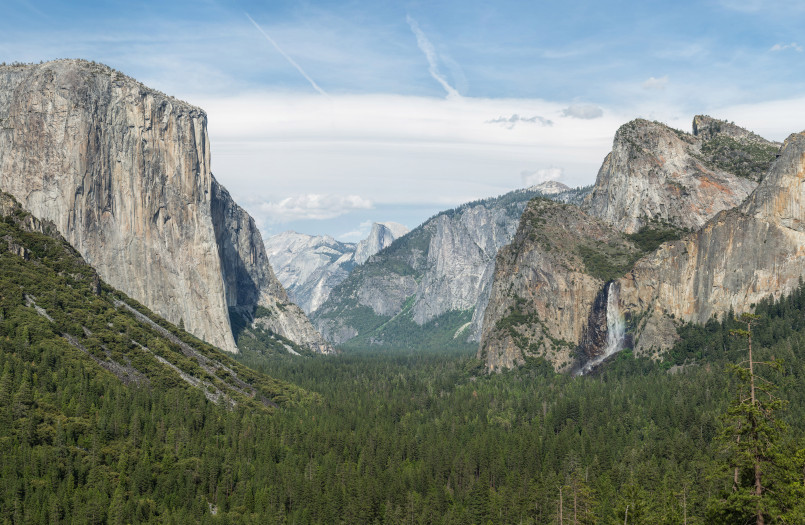America's vibrant music culture comes alive in cities where live performances define the local character. From historic jazz clubs to massive festival grounds, these cities offer unforgettable experiences for music enthusiasts of all genres.
America's music legacy runs deep through the streets of its most melodious cities. From iconic venues that launched legendary careers to underground clubs where tomorrow's stars are taking stage tonight, these urban centers pulse with rhythm and sound. For music lovers, experiencing live performances in their authentic cultural contexts can be the highlight of any travel experience.
Whether you're drawn to the twang of country, the improvisation of jazz, the raw energy of rock, or the innovation of electronic dance music, the United States offers distinctive musical landscapes that reflect regional histories and contemporary creativity. Let's explore the most vibrant cities for live music across the country, each with its unique sonic signature.
Nashville, Tennessee
Known worldwide as "Music City," Nashville stands as the undisputed capital of country music, though its scene has diversified considerably. The city's musical heart beats along the famous Broadway strip, where honky-tonks like Tootsie's Orchid Lounge and Robert's Western World showcase live music from morning until late night with no cover charge.
The historic Ryman Auditorium, original home of the Grand Ole Opry, remains one of America's most revered music venues with exceptional acoustics. For current country stars, the Grand Ole Opry House continues the tradition of the world's longest-running radio broadcast.
Beyond country, Nashville's East Nashville neighborhood hosts indie rock venues like The Basement East, while The Bluebird Cafe remains the premier songwriter's venue where artists perform their compositions in intimate rounds.
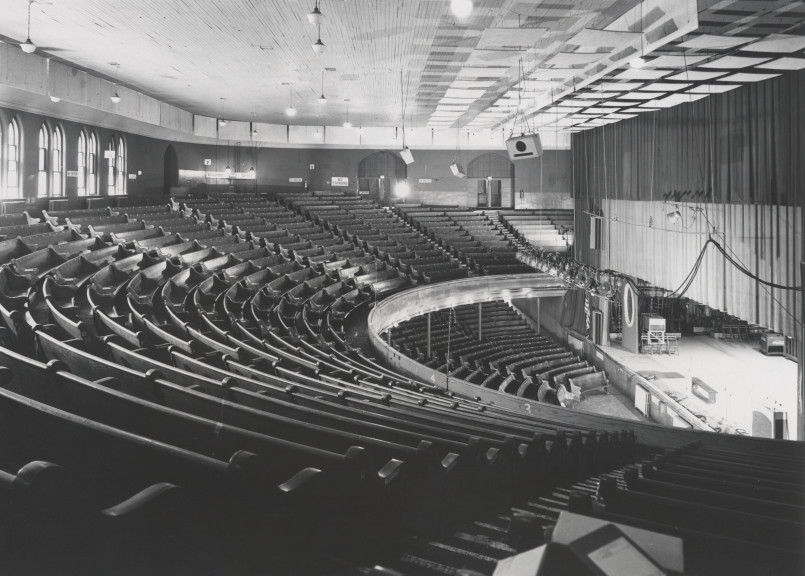
The city's recording industry presence on Music Row means you might spot working musicians in local coffee shops or restaurants, and impromptu jam sessions are common. Annual events like the CMA Music Festival draw thousands of fans for performances and artist meet-and-greets.
Austin, Texas
Austin proudly carries the slogan "Live Music Capital of the World," with over 250 music venues and an estimated 2,000 musicians. The city hosts the influential South by Southwest (SXSW) festival each March, where thousands of artists perform across the city, and the massive Austin City Limits Festival spans two weekends each fall.
The historic Continental Club on South Congress has been featuring roots music, rockabilly, and country since 1955. Meanwhile, Stubb's Bar-B-Q combines Texas barbeque with an outdoor amphitheater that hosts national touring acts.
The Red River Cultural District downtown contains a concentration of venues like Mohawk and Empire Control Room, while the long-running PBS series Austin City Limits records performances at the Moody Theater.
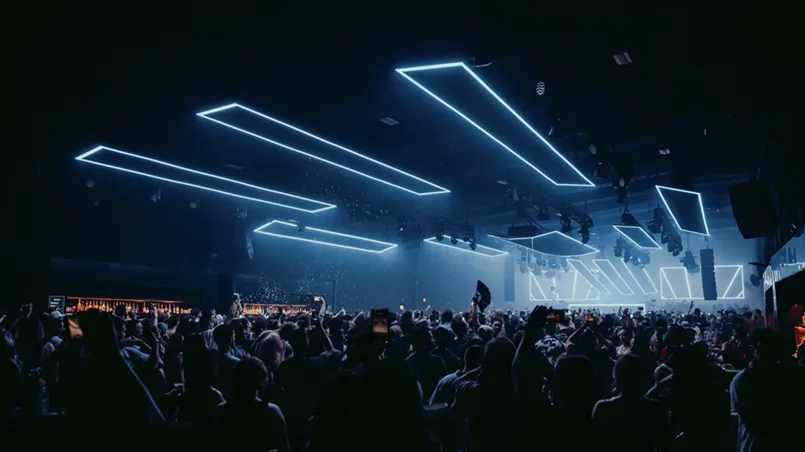
Austin's musical diversity spans from Texas blues and country to indie rock, hip hop, and electronic music. On any given night, visitors can find quality live music across multiple genres, often for little to no cover charge.
New Orleans, Louisiana
As the birthplace of jazz, New Orleans offers perhaps America's most distinctive musical environment. The city's French Quarter pulses with traditional jazz, with Preservation Hall standing as the iconic venue for authentic New Orleans-style jazz in an intimate, no-frills setting.
Frenchmen Street in the Marigny neighborhood hosts a concentration of venues like The Spotted Cat Music Club and d.b.a., where visitors can experience everything from traditional jazz to funk and brass bands. The city's musical heritage is celebrated during the annual New Orleans Jazz & Heritage Festival, which has expanded well beyond jazz to include blues, gospel, Cajun, zydeco, rock, and more.
Street performances are integral to the New Orleans experience, with brass bands regularly performing in Jackson Square or on street corners. The city's second line parades, led by brass bands and accompanied by dancing followers, represent a unique cultural tradition.
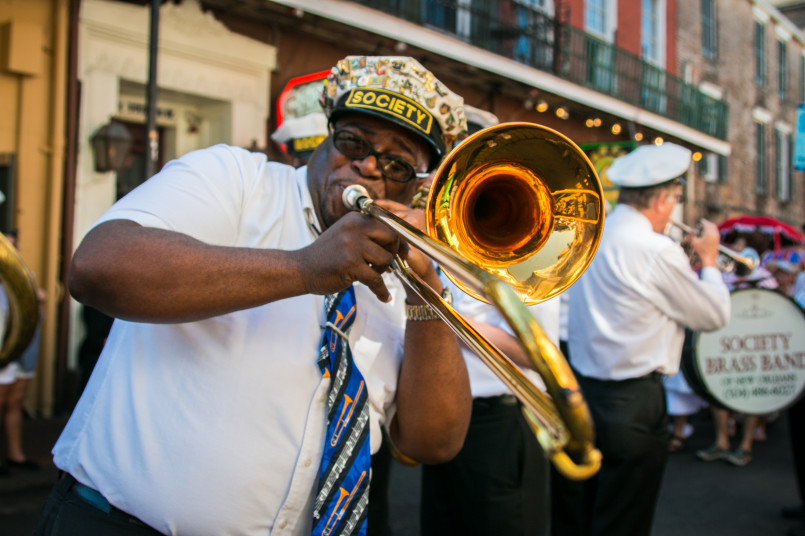
The musical experience extends to Cajun and zydeco traditions from Louisiana's rural regions, which can be heard at venues like Rock 'n' Bowl. Even the city's funeral traditions incorporate music through jazz funeral processions that transition from somber dirges to celebratory music.
Los Angeles, California
The entertainment capital offers an expansive music scene spanning intimate clubs to arena spectacles. Historic venues like the Troubadour in West Hollywood have hosted career-launching performances by artists from Elton John to Guns N' Roses, while The Roxy and Whisky a Go Go on the Sunset Strip remain landmarks of rock history.
For larger shows, the Hollywood Bowl provides an iconic outdoor amphitheater experience, and the Walt Disney Concert Hall houses the acclaimed Los Angeles Philharmonic. The Forum and newly constructed SoFi Stadium host arena tours by international superstars.
Los Angeles' diverse neighborhoods each have distinct music scenes. The Echo and Echoplex in Echo Park showcase indie and alternative acts, while downtown's revitalized scene includes The Regent Theater and The Belasco.
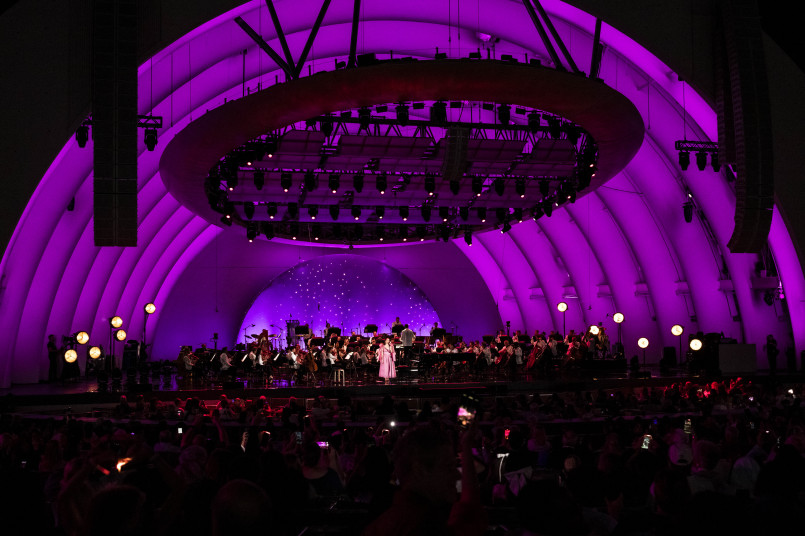
The city's status as the center of the recording industry means that surprise performances by major artists at smaller venues are not uncommon. Annual events like Coachella in nearby Indio draw international attention, while summer concerts at the Greek Theatre offer memorable outdoor music experiences.
New York City
New York's unparalleled diversity of music venues reflects its status as a global cultural capital. From the legendary Carnegie Hall and Lincoln Center for classical and jazz to Brooklyn's thriving indie rock scene centered in Williamsburg and Bushwick, the city encompasses every genre imaginable.
Historic clubs like The Village Vanguard and Blue Note in Greenwich Village remain essential jazz destinations, while The Bowery Ballroom and Mercury Lounge showcase indie and alternative acts. For larger shows, Madison Square Garden and Barclays Center host arena tours.
The city's musical heritage includes birthplaces of punk (CBGB, now closed), hip hop (the Bronx), and disco (Paradise Garage), with contemporary venues continuing these traditions. Brooklyn Steel and Warsaw represent newer venues with excellent sound and sightlines.
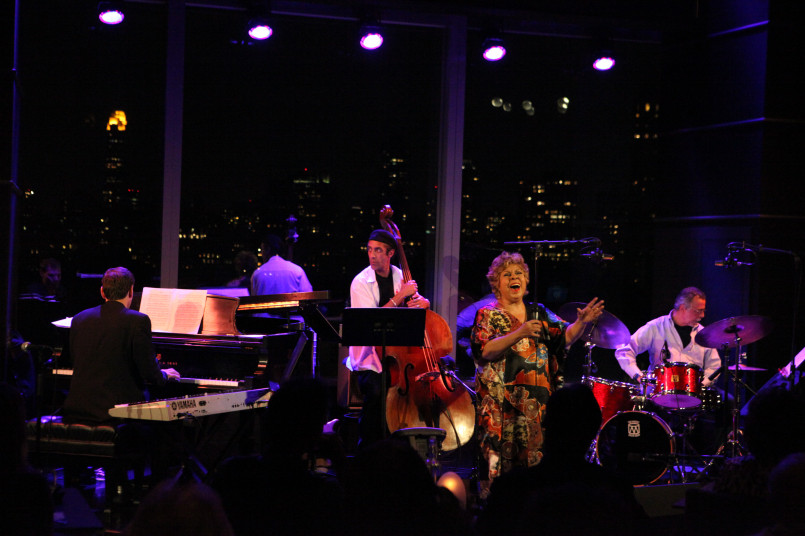
Summer brings outdoor concerts to Central Park's SummerStage and Prospect Park's Bandshell. The annual Governors Ball Music Festival features dozens of acts across multiple stages. New York's subway stations and parks also feature licensed street performers, with Washington Square Park being a notable spot for impromptu performances.
Chicago, Illinois
Chicago's musical contributions span from the electric Chicago blues pioneered by Muddy Waters to the development of house music in the 1980s. The city's blues heritage remains alive in venues like Kingston Mines and Buddy Guy's Legends, where authentic Chicago blues can be experienced nightly.
The Green Mill in Uptown, once a favorite haunt of Al Capone, showcases excellent jazz in an atmospheric 1907 club. For indie and alternative music, the Empty Bottle and Metro have long histories of hosting emerging artists before they break big.
Chicago's summer festival scene is exceptional, with Lollapalooza taking over Grant Park for four days and the Chicago Blues Festival and Chicago Jazz Festival offering free performances. Millennium Park's Jay Pritzker Pavilion hosts free concerts throughout the summer.
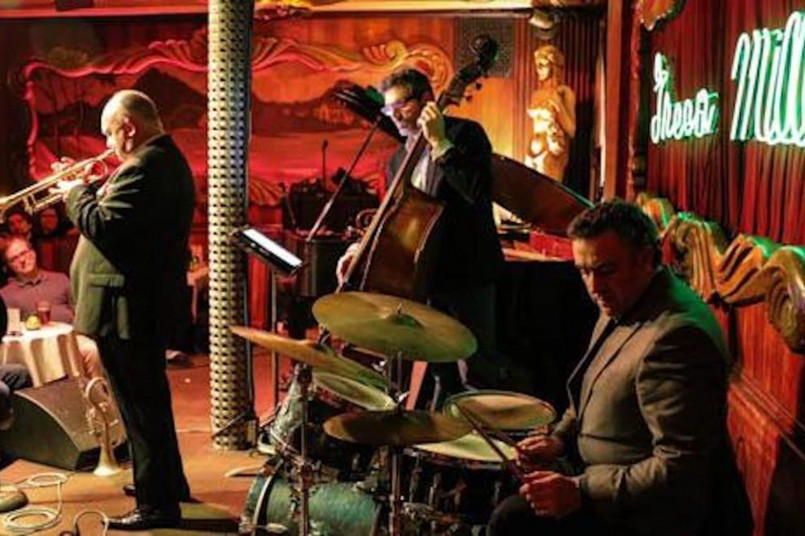
The city's historic theaters like The Chicago Theatre and Aragon Ballroom provide grand settings for larger shows. For classical music, the Chicago Symphony Orchestra ranks among the world's finest ensembles.
Seattle, Washington
Seattle's musical fame exploded with the grunge movement of the early 1990s, but its scene encompasses much more. The city's history is celebrated at the immersive Museum of Pop Culture (MoPOP), which features extensive exhibits on Nirvana, Jimi Hendrix, and other Seattle musical icons.
Venues like The Crocodile, where Nirvana, Pearl Jam, and Soundgarden performed early shows, continue to showcase local talent. Neumos on Capitol Hill hosts indie acts, while Tractor Tavern in Ballard focuses on Americana and folk music.
The Showbox, operating since 1939, remains a beloved mid-sized venue for touring acts. For larger performances, the Paramount Theatre and Moore Theatre are historic venues with excellent acoustics.
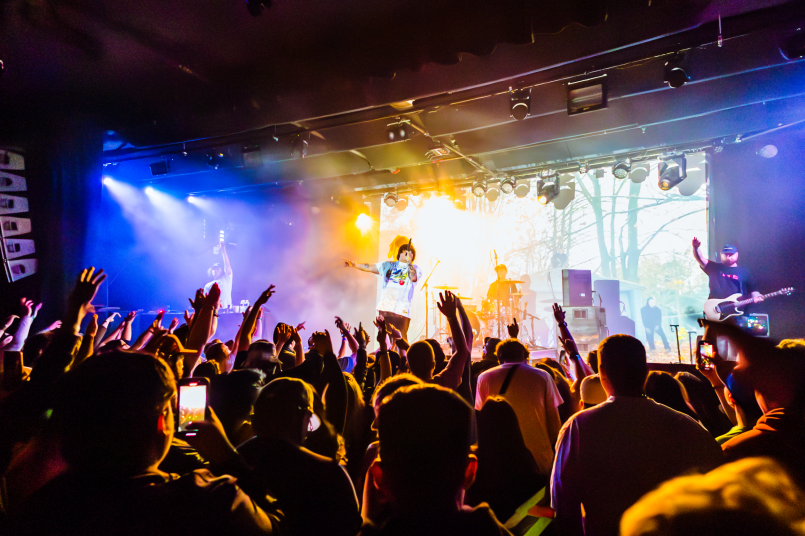
Annual events like Bumbershoot over Labor Day weekend and Capitol Hill Block Party showcase local and national acts. The city also has a vibrant hip-hop scene and strong electronic music presence through venues like Q Nightclub.
Memphis, Tennessee
Memphis holds a central place in American music history as the birthplace of blues and rock 'n' roll. Beale Street remains the heart of the city's music scene, with historic clubs like B.B. King's Blues Club and Rum Boogie Cafe featuring nightly blues performances.
Sun Studio, where Elvis Presley, Johnny Cash, and Jerry Lee Lewis recorded breakthrough hits, offers tours and operates as a working recording studio by night. The Stax Museum of American Soul Music celebrates the influential Stax Records label and Memphis soul sound.
For Elvis fans, Graceland provides insight into the King's life and career. The annual Beale Street Music Festival brings diverse national acts to Tom Lee Park along the Mississippi River.
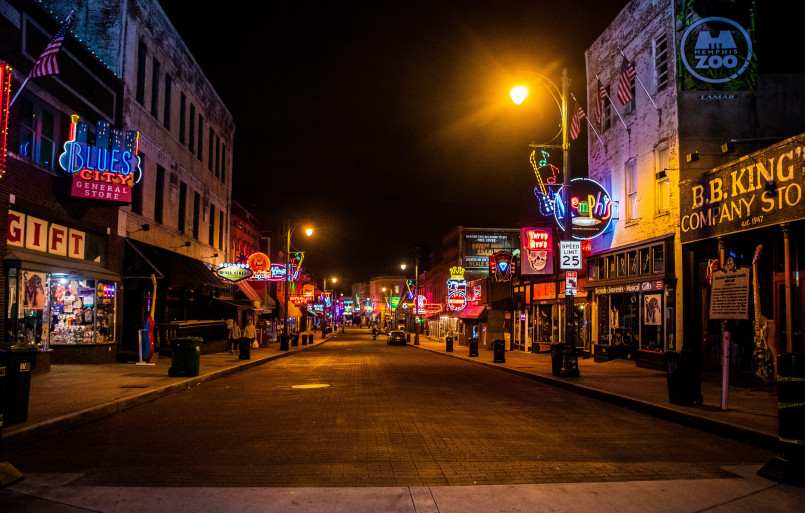
Beyond blues and rock history, Memphis has a thriving contemporary scene. Venues like Minglewood Hall and the Hi-Tone Cafe showcase indie acts, while the historic Levitt Shell hosts free outdoor concerts where Elvis performed his first paid show.
Portland, Oregon
Portland's independent spirit extends to its vibrant music scene, which punches above its weight for a city of its size. The Crystal Ballroom, a century-old venue with a floating dance floor, hosts diverse acts in a historic setting. Mississippi Studios offers an intimate setting with exceptional sound for indie and alternative acts.
The Doug Fir Lounge combines a restaurant, bar, and basement venue in a distinctive log cabin-inspired design. Revolution Hall, housed in a former high school auditorium, provides excellent acoustics for mid-sized shows.
Portland's numerous neighborhoods each have distinct musical personalities. The Alberta Arts District and Hawthorne Boulevard feature smaller venues and bars with regular live music. The annual Pickathon festival showcases indie, folk, and roots music in a sustainable festival environment.
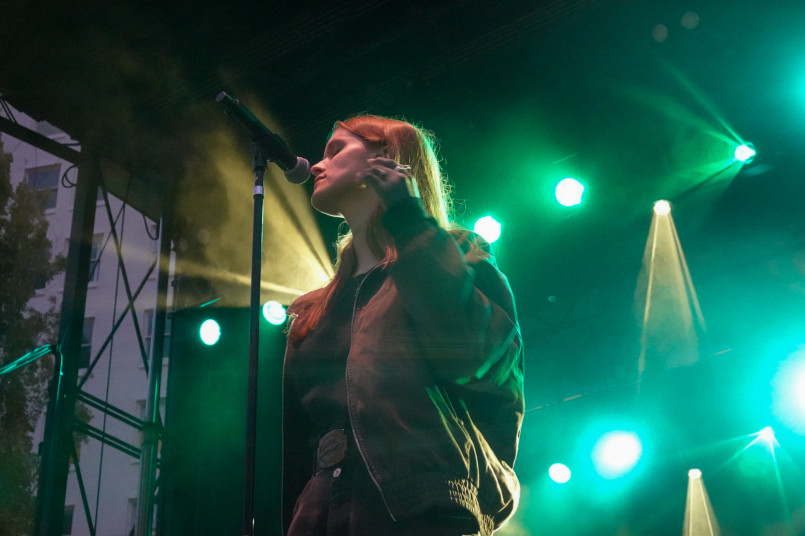
The city's substantial DIY ethos means house shows and underground venues are common. Portland's renowned Portland Jazz Festival brings international talent to venues across the city each February.
Planning Your Music Pilgrimage
When planning a trip to experience America's great music cities, consider these practical tips:
- Research festival dates - Major music festivals can transform cities but also bring higher accommodation prices and crowds
- Check venue calendars in advance - Legendary venues often sell out quickly for notable acts
- Look beyond tourist districts - Local neighborhoods often offer more authentic and affordable experiences
- Consider weeknight shows - They're typically less crowded with better ticket availability
- Explore music walking tours - Many cities offer guided tours of significant music history sites
- Support street performers - Some of the most memorable performances happen on sidewalks and in parks
Each of these cities offers distinctive musical experiences reflecting their unique cultural heritage and contemporary creativity. Whether you're seeking the raw energy of a punk club, the sophisticated sounds of a jazz quartet, or the stadium spectacle of a major tour, America's music cities provide the soundtrack for unforgettable travel experiences.
Frequently Asked Questions About 9 Best Cities in America for Live Music Experiences in 2024
What city has the most live music venues in America?
Austin, Texas claims the title "Live Music Capital of the World" with over 250 music venues throughout the city. This high concentration gives Austin an edge in terms of sheer numbers, though cities like New York, Los Angeles, and Nashville offer comparable diversity of musical experiences with different strengths in various genres.
When is the best time of year to visit Nashville for music lovers?
April through October offers the best Nashville music experience, with June being particularly exciting during the CMA Music Festival. Summer brings numerous outdoor concerts and lively street performances, though it can be hot and crowded. Fall brings perfect weather and events like AmericanaFest in September. Winter is less crowded but still offers excellent music options as the honky-tonks on Broadway operate year-round.
Are there any cities known for specific music genres?
Yes, several American cities are strongly associated with specific genres: Nashville with country music, New Orleans with jazz and brass bands, Memphis with blues and early rock 'n' roll, Seattle with grunge and alternative rock, Chicago with electric blues and house music, and Detroit with Motown and techno. These associations reflect each city's unique musical history and continued cultural emphasis on these traditions.
What's the most affordable music city to visit in America?
Memphis offers exceptional value for music lovers, with affordable accommodation, reasonable food prices, and many low-cost or free music experiences. Beale Street venues often have modest or no cover charges, and attractions like the Stax Museum are moderately priced. Similarly, New Orleans offers abundant street performances and affordable venue cover charges, making it possible to experience world-class music without breaking the bank.
How can I discover underground or non-touristy music venues in these cities?
To find authentic local music spots: 1) Use apps like Bandsintown or Songkick to see where local artists are playing, 2) Ask bartenders, record store employees, or rideshare drivers for recommendations, 3) Check local alternative newspapers or websites for music listings, 4) Follow venue social media accounts for last-minute shows, and 5) Look for flyers in coffee shops and restaurants in neighborhoods away from tourist centers.
Which American music cities are best for families with children?
Nashville offers excellent family-friendly music experiences, including the interactive Musicians Hall of Fame, daytime performances at family-friendly honky-tonks, and the Country Music Hall of Fame. New Orleans has street performances suitable for all ages and preservation Hall's early shows. Memphis provides family-appropriate options with Graceland and the Rock 'n' Soul Museum. Many cities also offer outdoor summer concerts in parks that welcome children.
